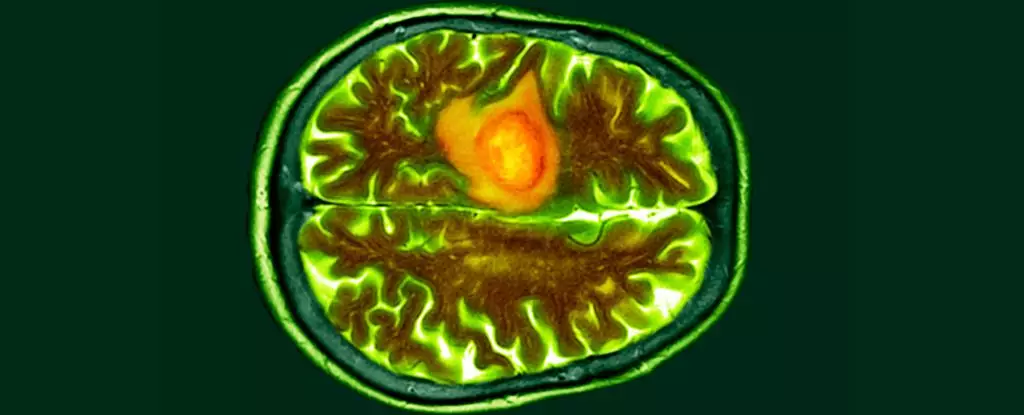A groundbreaking new method for detecting brain cancer has been developed by a team of scientists from the University of Notre Dame in the US. This innovative ‘liquid biopsy’ technique can detect biomarkers associated with glioblastoma, the most common and deadliest type of brain tumor, with just 100 microliters of blood within an hour. This method exceeds the accuracy of all existing tests and markers for glioblastoma.
The liquid biopsy relies on sensing mutated blood biomarkers, known as epidermal growth factor receptors (EGFRs), that are overexpressed in certain cancers, including glioblastoma. These biomarkers are contained within extracellular vesicles, which are small packages that carry proteins, lipids, and genetic material from the original cells. The biochip used in the test contains antibodies that attract exosomes carrying mutated EGFRs, leading to a voltage change in the plasma solution when they attach to the chip.
The liquid biopsy has the potential to revolutionize cancer research, biomarker discovery, and disease monitoring, not limited to just brain cancer. However, there are still limitations to the current test. Mutated EGFRs are connected to various diseases, making it challenging to diagnose glioblastoma specifically. The test also cannot determine the type of cancer, its location in the body, or the stage of the disease’s progression.
Future Directions for Improved Diagnostics
To address these limitations, the team needs to analyze larger cohorts of glioblastoma patients to identify specific biomarkers that set them apart. By conducting large-scale testing on untreated plasma samples, the researchers aim to establish distinct profiles for different cancers at varying stages. This approach could lead to a more tailored and accurate diagnostic platform for cancer detection.
While the new liquid biopsy method represents a significant advancement in cancer detection, there are still challenges to overcome in terms of specificity and comprehensiveness. Further research and development are needed to refine the test and enhance its ability to identify and differentiate various types of cancer with precision. The potential for early detection and personalized treatment strategies offered by this innovative technology are promising, signaling a new era in cancer diagnostics.


Leave a Reply